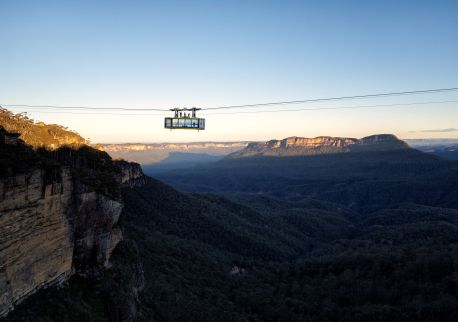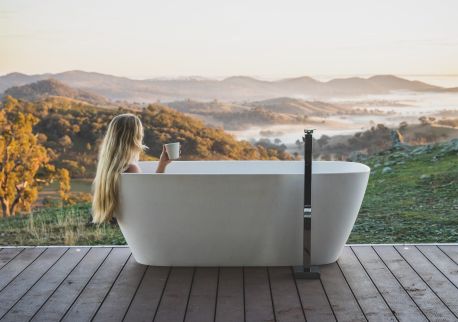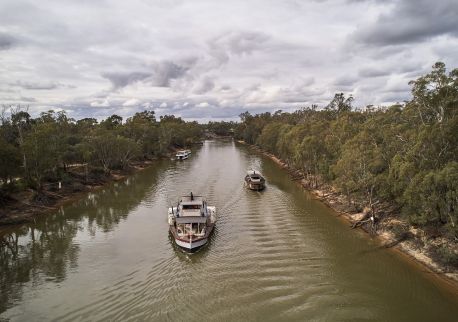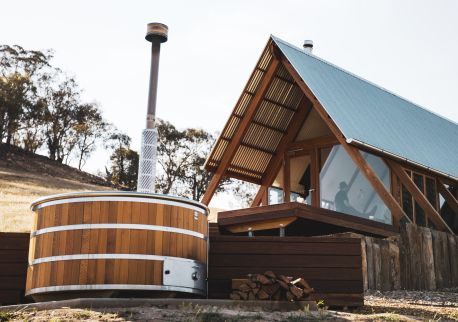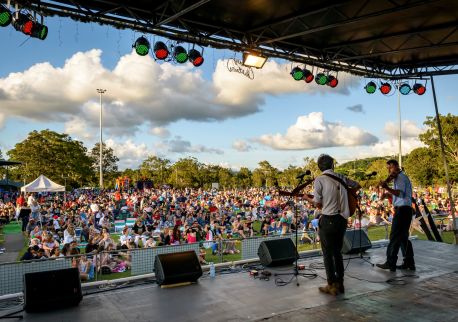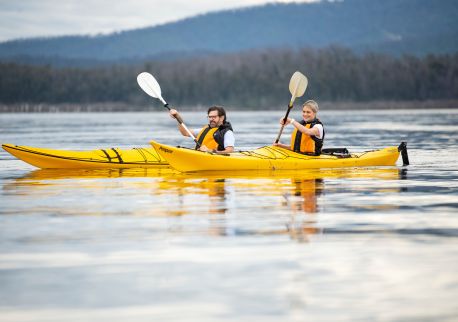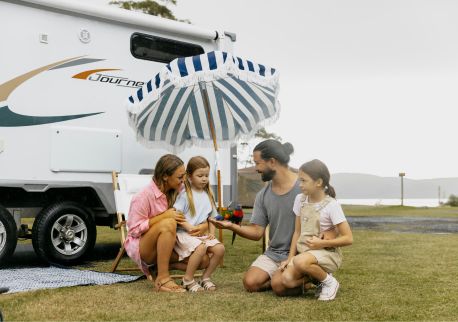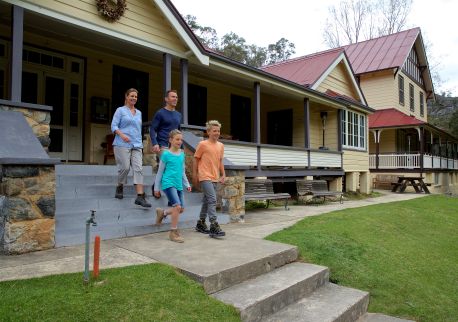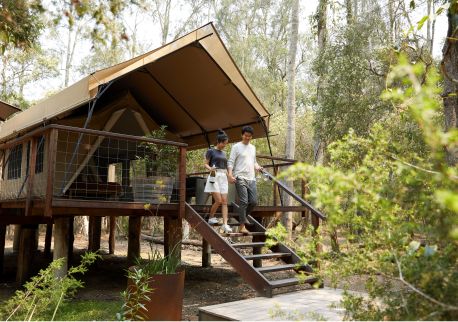291 on King
Overview
291 on King is not your ordinary accommodation. You will be greeted by our friendly reception team who can ensure all your requirements are met with a smile! Enjoy top tier customer service, with approachable, kind, and helpful staff to answer all your queries. With quality, craftmanship & innovation 291 on King is a destination boasting a blend of old-world charm and ultra-modern vibes from the inside and out. Relish in our tastefully decorated hotel offering location, appealing spaces, and thoughtful touches to create a seamless stay.
291 has taken pride in offering spacious, luxurious apartments with high quality finishing’s, appliances and amenities making sure you have all the little luxuries you need to enjoy your stay. Apartments have a full kitchen, desk space, dining table and sleek modern bathroom.
Just a short stroll from Newcastle foreshore, beaches, convenience stores and an eclectic range of cafes, bars, and retail shops. The hotel oozes vintage with touches of modernistic and luxurious features making it a true stand out. Enjoy a home away from experience from us to you.
The hotel features local artwork and photos producing an atmosphere that embodies the essence of coastal crossed with city living making it an ideal choice for your stay in Newcastle!
Facilities onsite including The Gym on King, The Foundry Café, Secure, Undercover Carpark.

